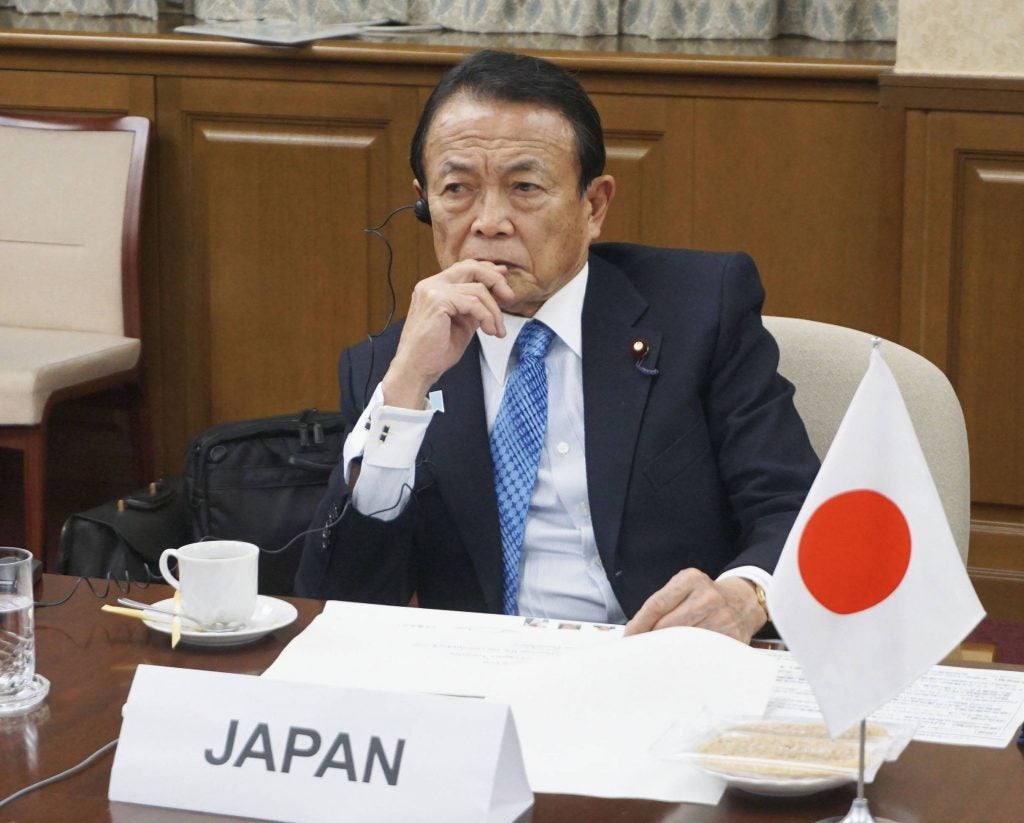Japanese Deputy Prime Minister Implies Japan Could Fight to Defend Taiwan
On Monday, Japanese Deputy Prime Minister Taro Aso spoke at a fundraising party where he discussed the issue of conflict over Taiwan. In his speech, he noted that an escalation of the Taiwan situation could translate into a “survival-threatening situation” – one of the conditions for Japan to use its military forces towards collective defense.
Aso is reported as sayin:
“If a major problem took place in Taiwan, it would not be too much to say that it could relate to a survival-threatening situation. […] We need to think hard that Okinawa could be the next.”
The statement had since been clarified by Aso who told reporters Tuesday that diplomatic means should be utilized in addressing Taiwan issues. Top Japanese officials were similar in their moderation with the Chief Cabinet Secretary Katsunobu Kato calling Aso’s statements a personal opinion and reiterating official Japanese policy while Defense Minister Nobuo Kishi stating that Japan remains committed to the One China policy. Nevertheless, the statement builds on an increasingly negative outlook on China presented by official Japanese statements and documents. While too controversial to be acknowledged publicly, Aso’s statements may well reflect the thinking of top Japanese politicians.
China was quick to respond with the a Chiense Foreign Ministry spokesperson saying on Tuesday that:
“Japan has committed crimes during World War II, yet it is still obsessed with Taiwan and has not learnt the lessons of history. Today’s China is no longer the China of the past and will not allow any other country to intervene in its internal affairs. No one should underestimate China’s firm determination and powerful ability in safeguarding its sovereignty.”
During the recent celebrations of the 100th anniversary of the Chinese Communist Party, the Taiwan issue was once again brought up, with President Xi Jinping calling for reunification. Just ahead of these celebrations, it launched record-breaking intrusions into Taiwan’s ADIZ.

